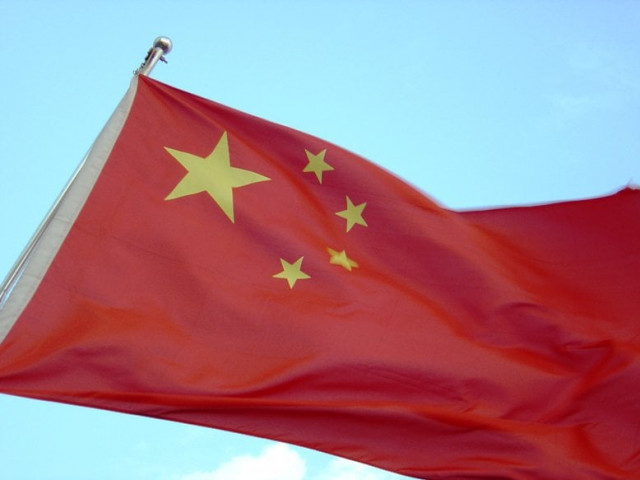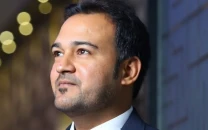Analysts highlight China’s desire to maintain open global economy
The new govt wishes to spend more on aid and foreign projects

Analysts highlight China's desire to maintain open economy. PHOTO: AFP
Pakistan turns to China for high-end weapons: report
He further stated that China’s foreign policy framework has always encompassed big powers, its neighborhood, the developing world and international organisations. In the present era it also includes public diplomacy, global governance and protecting overseas interests. The talk was organised by the Institute of Strategic Studies Islamabad (ISSI) on June 26 under its Distinguished Lecture Series.
In his welcome remarks, ISSI Chairman Ambassador Khalid Mahmood spoke about how China’s continuous rise and simultaneous national rejuvenation focuses on the need to maintain an open global economy that allows China to maintain its economic development. The new theme advocated by the Party Congress calls for a stronger commitment to safeguarding China’s sovereignty. At the same time it stresses on greater power diplomacy with Chinese characteristics and demands for new greater power relations based on mutual respect where each power recognizes the core national interest of the other power. Beijing is already following these principles through initiatives particularly in its neighborhood. Ambassador Mahmood further noted that in an era of Trump-led disruptions, China’s policies are in sharp contrast to the US's protectionist and interventionist strategies. China is behaving as a responsible actor, favors communication over confrontation and focuses on the establishment of a community of shared destiny for all of humanity.
Speaking about China's foreign policy and strategy, Professor Canrong said that the secret behind the rise of the West is that western countries command the manufacturing industry. Presently, China has the largest manufacturing industry in the world- it surpassed the United States in 2010. The role of China’s great revolution is significant as the social structure in the country has changed - the society is more egalitarian, he noted, which is also a requirement of a machine-based society.
China categorically rejects reports of building military base inside Pakistan
He went on to explain how any new country experiences three stages: survival, development and dignity. For China the Mao Zedong era was vying for the survival of New China (PRC), and the Deng Xiaoping era was focused on pursuing economic development. Currently, the Xi Jinping era is seeking dignity by shaping a major power strategy with Chinese characteristics and embracing a new identity from a regional power to a world power. He stated that since President Xi Jinping came into power, China has become more active globally, and is trying to establish a mechanism for cooperation by increasing spending on aid development, poverty relief and climate change. While the US wants hierarchy, China wants equality. Its way of global governance is UN centered and it puts development first. As a result, it seeks equal partnership and has a staunch principle of non-intervention.
Published in The Express Tribune, June 28th, 2018.



















COMMENTS
Comments are moderated and generally will be posted if they are on-topic and not abusive.
For more information, please see our Comments FAQ